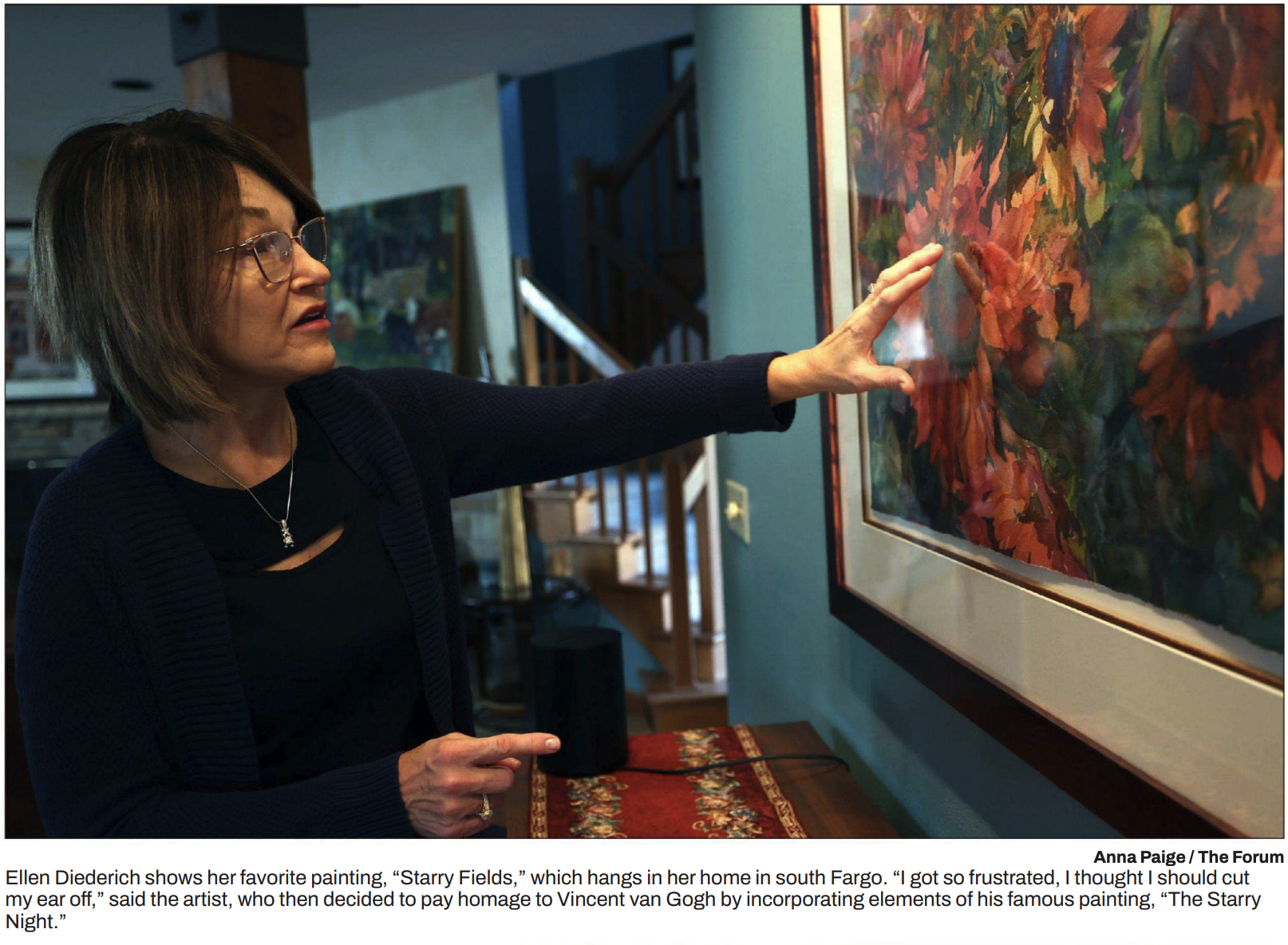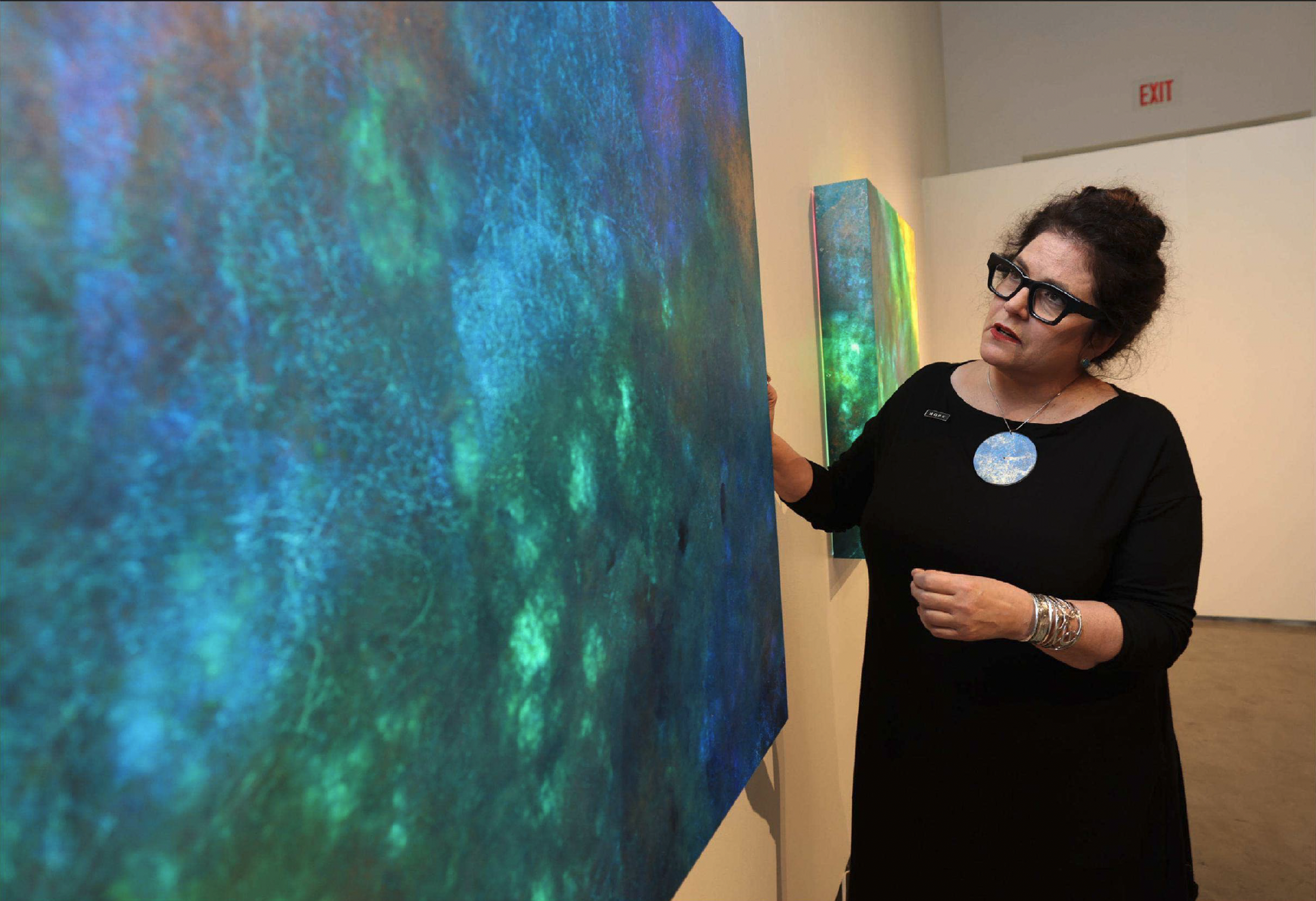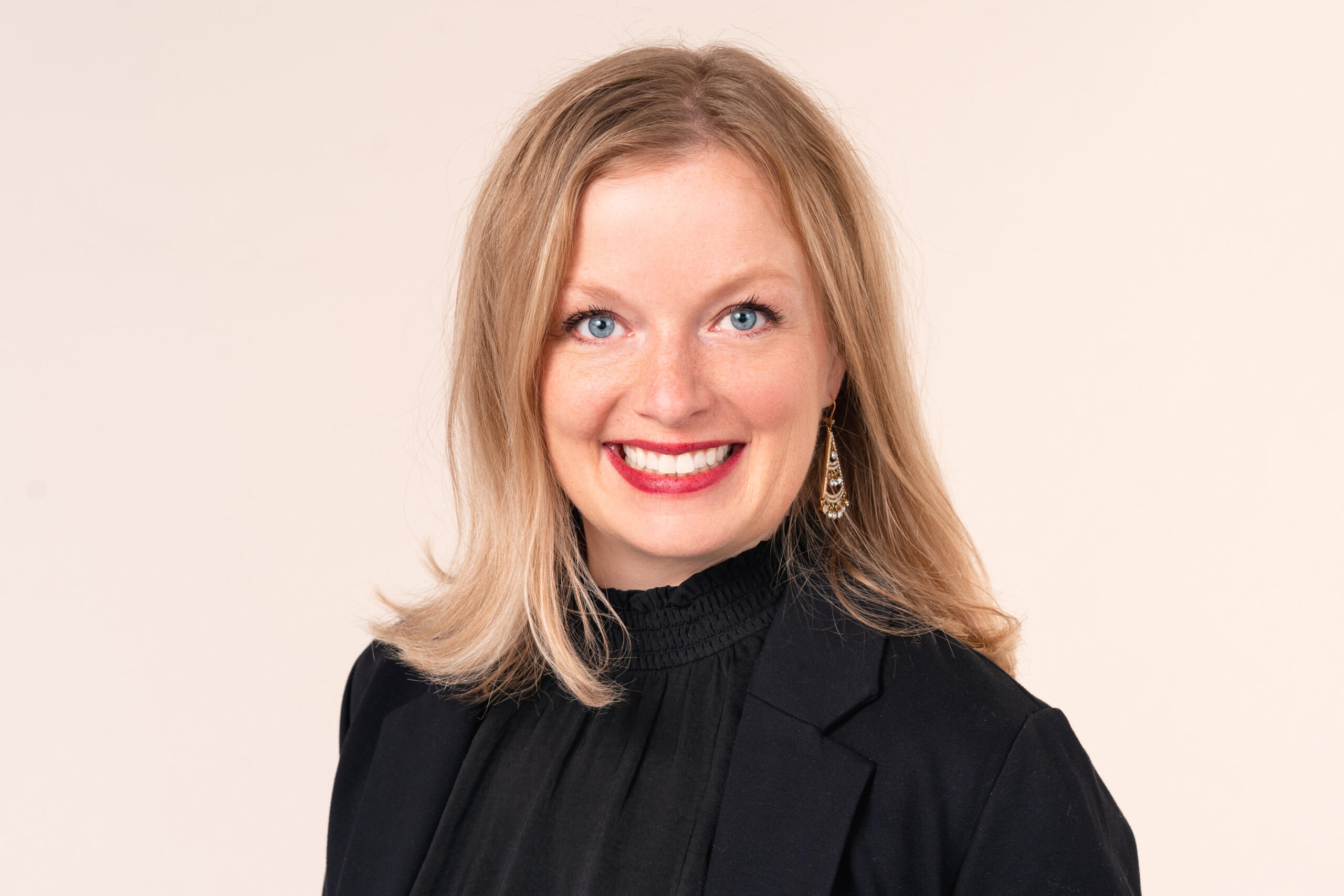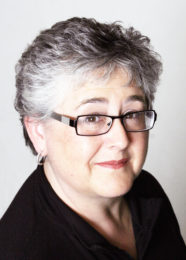
Reggae bass player Jason Boynton performs in the band Hiahli. Photo by Noel Christine, NC Capture photography / Special to The Arts Partnership
For reggae bass player Jason Boynton, the three things he’s always been able to count on are math, music and community.
The NDSU Associate Professor of Mathematics, a staple on the Fargo music scene and a community organizer addressing food insecurity as co-founder of Lunch Aid North Dakota, Boynton stays fairly busy and is proud to call Fargo-Moorhead home.
A Florida transplant, Boynton has lived in Fargo since 2007 when he took what he thought would be a one-year teaching gig at NDSU. “It was a scary decision to come to North Dakota,” Boynton said. “I was very nervous. But I’m happy to be here.”
Currently, Boynton plays bass for two well-loved local bands Heavy is the Head, a reggae cover band, and Hiahli (pronounced “high-uh-lie”), a hip-hop band that incorporates “a little bit of everything,” he said.
Watch: Hiahli live performance recording
Building the solution to happiness
Boynton graduated with a Ph.D. in Mathematics from Florida Atlantic University in 2006, a subject he’s always been drawn to teaching ever since he was inspired by his own instructors.
“I remember what it was like to be a student of mathematics, and how important the good teachers were,” Boynton said. “I try to model what I do after the really effective teachers I had — the ones that got through to me. I think I’m good at what I do, so I’m appreciative. I’m glad they felt that I was worth keeping on.”
Embodying the connection between math and music, Jason teaches by day and plays bass by night. Over the years he’s played various venues with multiple artists, including Diane Miller, Fargo born rapper of D Mills & the Thrills, and nationally recognized musicians such as Dessa, Brother Ali and Jon Wayne & the Pain.
Dismantling food insecurity
Boyton’s passion for music and his connection to other musicians led him to co-founding the initiative Lunch Aid North Dakota, which he credits for meeting his fiance and Lunch Aid co-founder, Kari Lugo.
Lunch Aid North Dakota raises money and awareness in order to assist other local nonprofit organizations in their efforts to reduce and eliminate food insecurity throughout North Dakota. Thay are also working towards legislation to produce no cost school lunches for all kids in North Dakota.
“We help people feed people,” Lugo said of the project, which encourages philanthropy through the power of music. (Event alert: Lunch Aid 2022 will be at Fargo Brewing Company on Sept. 24 with hopes to raise $35,000 through community donors.)

Members of the local band Hiahli, an eclectic band rooted in hip-hop. From left: Bhairav Gupta, Ryan Tetzloff, Jason Boynton and Matt Johnson. Photo by Nels Hunstad / Special to The Arts Partnership
Here’s more about artist Jason Boynton.
Q: How did you get into music originally?
A: When I was 18 or 19, I went to Cornell University. At the time, I felt I was way out of my league, and I wasn’t really present for the classes, so I was flunking out.
Right before I moved out, I had a roommate who played bass. While he was going to class, I would just hang out and sort of pick around on it. I was listening to a lot of Bob Marley at the time, where the bass is very prevalent. You can clearly identify its function and the power of it in the music.
I thought I understood musically what was going on with that, so when I moved back to Florida, I bought a bass and immediately took a couple lessons.
Listen: An interview with the band Hiahli.
Playing bass is very mathematical. So when I learned how chord changes work, I was up and running. I would sit at home and try to learn all these basslines. Because once you understand how chords work, it makes it easier to hear things and pick them out.
Maybe two or three years later, I got in my first band, a blues cover band, and we had a gig in a nice bar every Wednesday night. That was really how I cut my teeth playing professionally.
So when I say, what did I learn at Cornell? While it wasn’t a lot of academics, I learned a lot about interpersonal relationships, a little bit of where I belong, and I also learned how to play the bass.”
Q: As a bass player what do you feel is the most important part of performing?
A: I approach every project I’ve ever been in as a reggae bass player, even though it’s not a reggae beat. It’s how I function. The most important thing is to listen to the drums and be the liaison between that rhythm and the main chord progression; the main musical thing that you hear in your ear. You hear the word “pocket” in music a lot, it’s kind of an undefined term, but you know it when you hear it. That thing that makes you want to dance, and you’re probably not really aware of it.
When I first started playing bass, I used to sit in with these guys from Trinidad and we would play reggae songs. At the time I was really concentrating more on the notes I was playing, and the scale, and making sure that was right. Then the guy I was playing with said, “You know you’re doing good, but here’s the thing. You gotta find the pocket and stick it.” That was the best piece of advice I had ever gotten from anyone about music anywhere.
When he said it, I knew exactly what he meant, and I’ve done that ever since. You make sure the note that you play is in perfect alignment with the drums. When people hear bass and drums you want them to think it’s one instrument, not two. When you do that people will stay and dance. As soon as that pocket is gone, people start to lose attention.
They don’t say, “Ah, man, this sucks,” they just lose attention and wander off and go get a drink. So the pocket is the first thing that has to be there to make people stay and listen.
Q: Hiahli performs originals. What is your music writing process like?
A: How it typically works is that Ryan [Tetzloff, lyricist] will find a beat he likes that’s already sort of put together and he’ll write his lyrics over that. It will have certain elements, like chord changes, a certain tempo, beats per minute, a certain feel that he will write to.
We [the rest of the band] will take what he’s come up with and alter the feel. That’s where the extra musicianship comes in. I take what he’s done and add my bassline to it. I don’t write songs, but I can create a bassline. Then the other musicians will add their part, and expand it, and really make it come to life.
The arrangements will evolve over time, and what we wind up doing with it will be completely different from where it started. It really is an evolutionary process. I think that’s the magic; what the individuals bring to it. I wouldn’t take credit for writing any songs. It’s 100 percent a communal experience.
Q: What are your hopes for the future?
A: I would love it if we wound up rocking big shows. I don’t think any of us care about money or fame, but we’d love to make 20,000 people rock out simultaneously. When you have that many people tapping their feet, or bobbing their heads in unison, that’s the ultimate non-verbal communication, a huge form of community.
We want to entertain as many people as possible.
The Arts Partnership’s communications consultant Lonna Whiting of lonna.co contributed to this article.

About the Author
TAP partner and community content contributor Brandi Malarkey is a multi-disciplinary artist, writer, administrator, and occasional hot mess. She is a collector of dead bugs and good books, and a believer that ordinary miracles and small kindnesses have the power to change the world. Learn more about Brandi on her website: www.itsallmalarkey.com.





